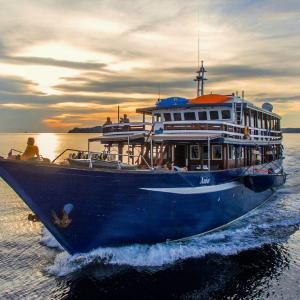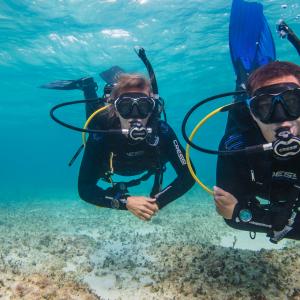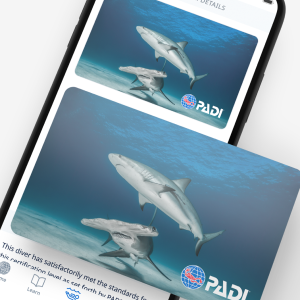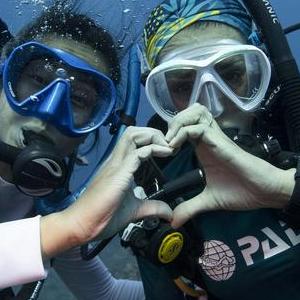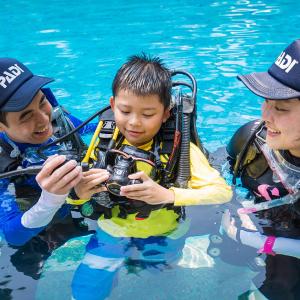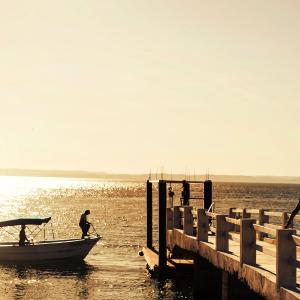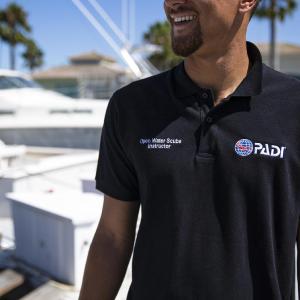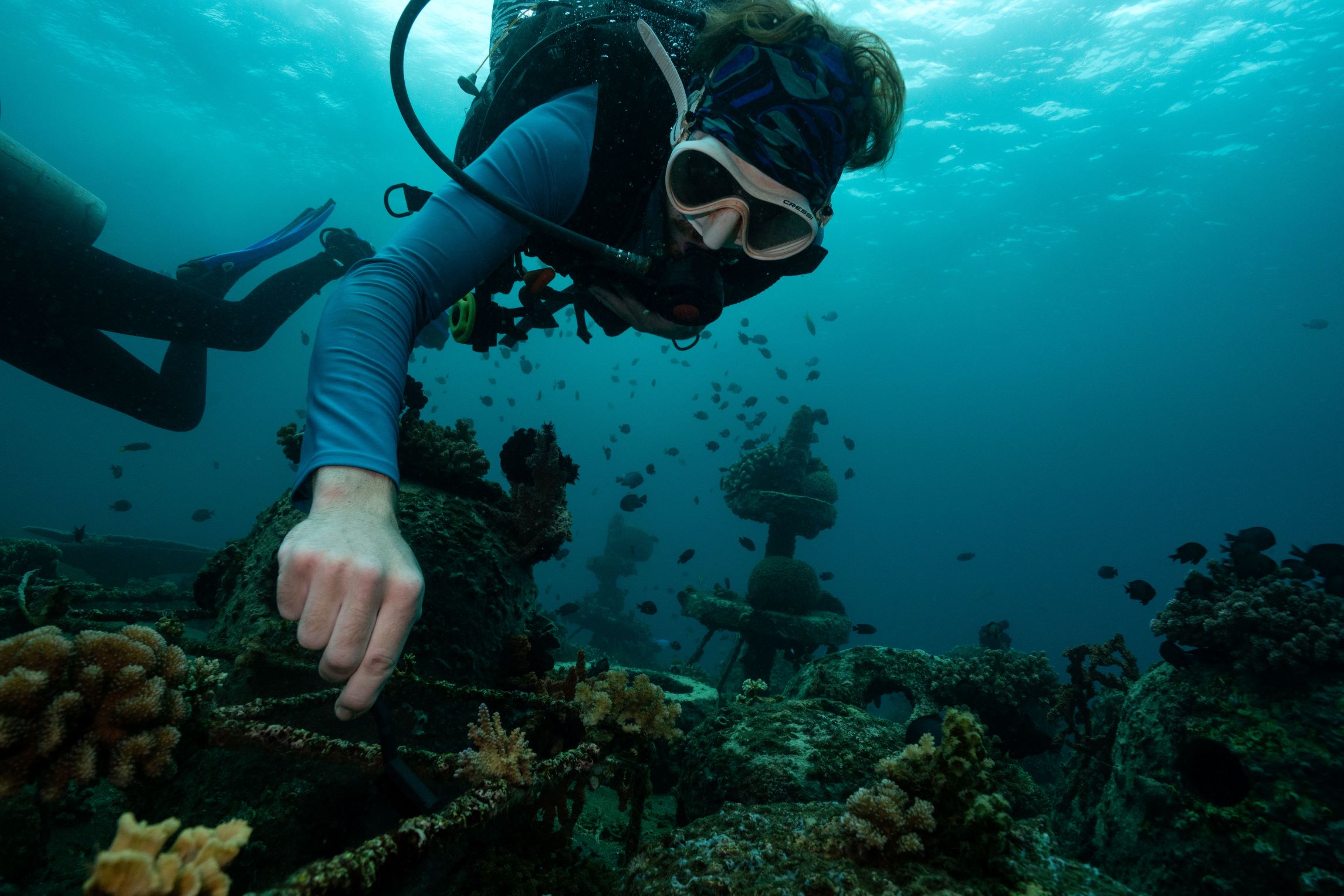
Institute for Marine Research
2022 PADI AWARE Grantee
Taking action to protect a Dauin, Philippines reef from future stressors following a sequence of natural disasters.
Institute for Marine Research are re-establishing corals of opportunity broken from colonies during Typhoon Rai on artificial structures as a step to identify and address the concerns surrounding coral recovery along Dauins inshore reef in the Philippines. With maintenance, scientific support, and community engagement to allow these coral transplants to reach sexual maturity, this newly established artificial reef has the potential to become a donor larval site which could restore nearby degrading reef sites.



The Institute for Marine Research is establishing a resilience strategy for a local inshore coral reef.
“In recent years, a combination of super typhoon Rai and Acanthaster spp. (crown of thorns starfish) outbreaks have not only highlighted the vulnerability of Dauin’s inshore reef to local and global disturbances, but the variability in the recovery potential of this reef following a disturbance,” reflects the team at Institute for Marine Research.
PADI AWARE Foundation funding allows the Institute for Marine Research to re-establish corals of opportunity broken from parent colonies after typhoon damage. “This is already an incredibly rewarding project for our team and community as we document the growth of these coral transplants.” Additionally, the Institute is bringing in members of the community to support the mission. “It is also inspiring to see how these projects can bring together so many people of various backgrounds to share the same goal of restoring our coral reefs.”
The project uses scientific observation and data to protect the restored corals, in anticipation of future storms. “We are utilizing artificial structures that were deployed >5 years ago, which remain devoid of coral due to limitations in background natural recruitment, yet are proven to be withstanding against incoming typhoons.”
What would make this project successful? “To see our transplants survive to reproductive maturity and spawn will be the key defining success of the project, and will be the point at which this site no longer requires human intervention,” says the team at Institute for Marine Research.
Want to see more of Institute for Marine Research in action?
You can follow along with Institute for Marine Research on their website, Instagram, Facebook, or on https://www.padi.com/aware.

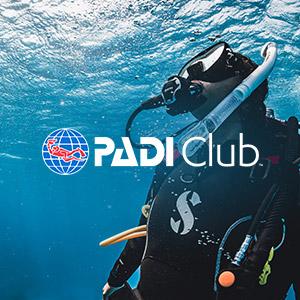
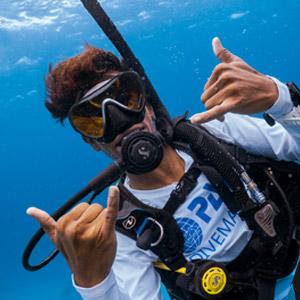

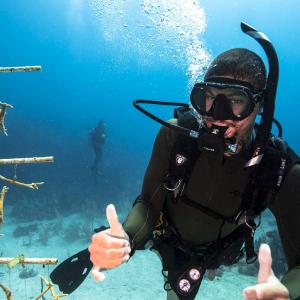
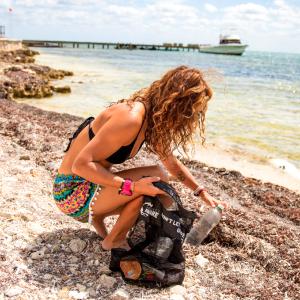
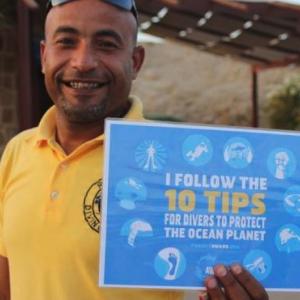
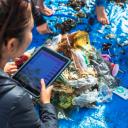 Detritos Marinhos
Detritos Marinhos
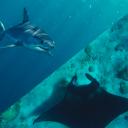 Proteção Contra Tubarões e Raias
Proteção Contra Tubarões e Raias
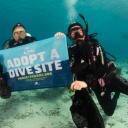 Adote o Azul
Adote o Azul

